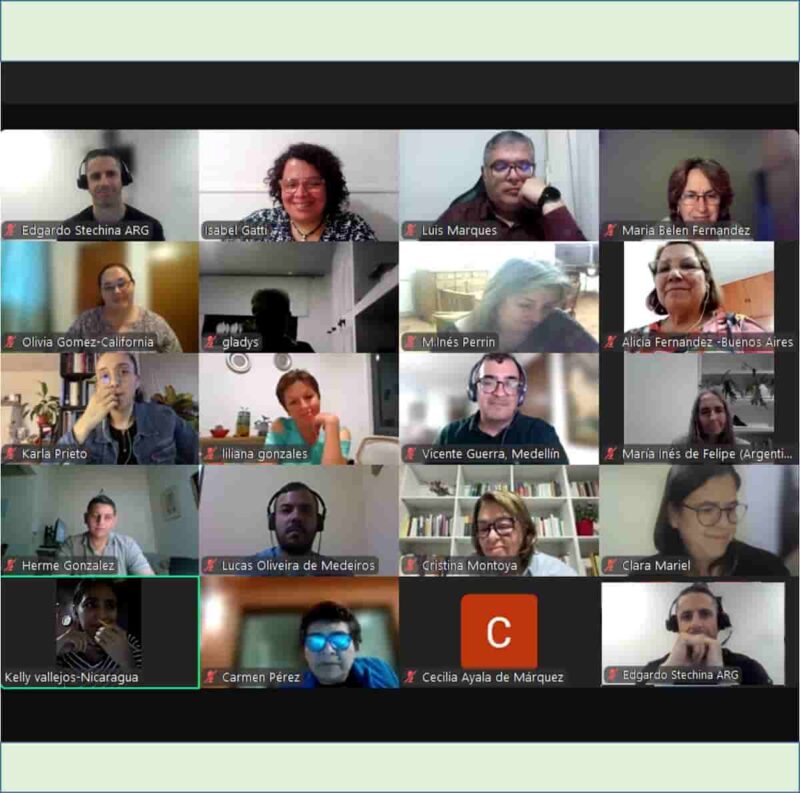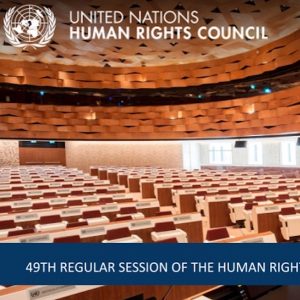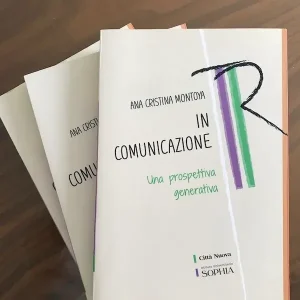
Facial recognition to better fire missiles. This news belongs to one of the wars
in progress. Once, such things happened only in science fiction movies. At the same time, these “big wars” are joined by big misunderstandings that generate what we call social polarizations.
In many cases, these problems are fuelled by fake news and a strong assertion of individualism as the parameter of reality, configuring what some authors call the time of “post-truth.”
We can see that the great objective of economic and social power today is the quest for dehumanizing communication that disintegrates, into something so old that can be summed up in the famous saying: “divide and rule.”
To this destructive binomial of our human community, we can offer an alternative that enhances our ability to communicate, which is the key word of our life, which is what gives rise to all interaction. The ability to recognize, cooperate and connect with each other is what allows us to grow together.
Communication that produces separation and division is a contradiction in terms. Recognizing this scenario is the basis of the training course in Generative Communication for Peace building that Sophia University Institute is developing at its Center in Latin America and the Caribbean Islands. This proposal seeks to promote a culture of encounter through communicative processes that foster fraternal relationships in society, in different cultural practices and with nature.
The training proposal is designed by a team composed of professors Cristina Montoya (Colombia), Isabel Gatti (Argentina), Luis Marqués (Brazil) and Belén Fernández (Argentina). The course design includes contributions from dialogic communication, communication for development, Edu-communication and introduces the perspective of generative communication as an option for building peace processes.
Participants are invited to have an experience that integrates: mind, heart and hands; “to promote positive transformation; at personal, group and organizational levels.”
Building societies in which human beings and their communities can achieve a “good life” is a historical urgency. To achieve this goal it is necessary to disable the cultural and communication that have led us to polarizations, dividing and stigmatizing each other. Choosing what kind of communication to engage, means choosing what kind of society we want to live in.
By: Cristina Montoya and Isabel Gatti








